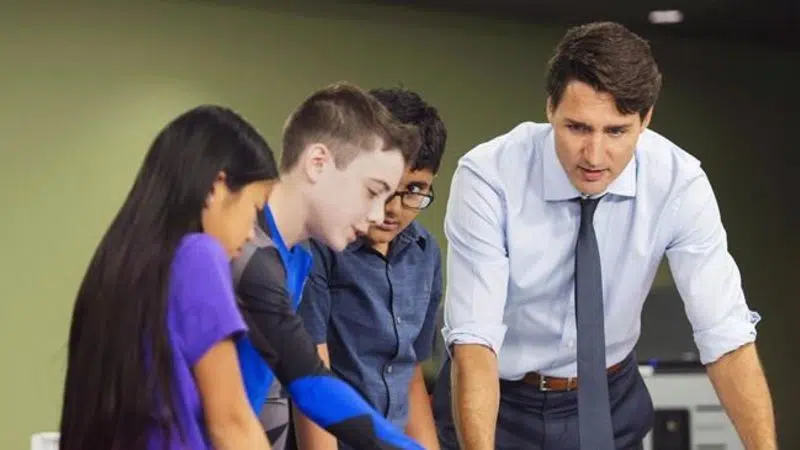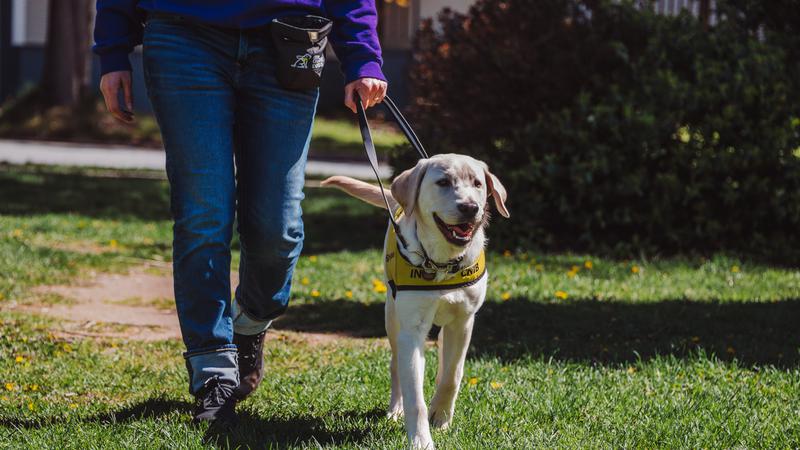
National youth policy a matter of ‘managing expectations’
OTTAWA — Three years after Prime Minister Justin Trudeau promised a national youth policy, the federal government is still trying to determine what it should include.
Trudeau appointed himself the minister for youth in his cabinet in 2015 and in the following year’s budget promised a national youth policy to make sure young people’s needs and concerns are reflected in what his government does.
In 2017, the government set up a committee of deputy ministers on youth issues, urging the top bureaucrats to bring young public servants to the meetings. The government also created a youth council in 2016, a special advisory group of Canadians aged 16 to 24, to help create the policy and started soliciting ideas for what belongs in the policy.


